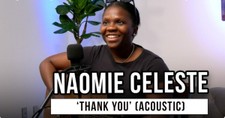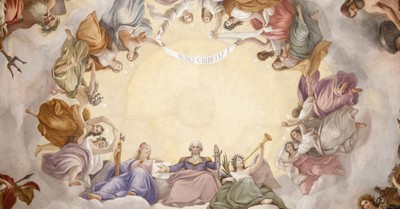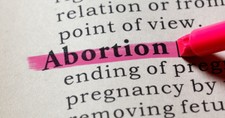
Trending Articles
Recent News
A Presidents' Day Story for the Ages: George Washington and the Italian Painter Who Honored Him Nancy Guthrie Case Update: FBI Releases Profile, New Clues but Kidnapper Still Uncaught Seahawks Fans Get a Surprise as GM Throws Jesus Figurines During Super Bowl Parade How the DEFIANCE Act Protects the Vulnerable in the Age of AI The Great Awakening and the American Revolution Surveys Reveal Most Jews Feel Unsafe, Antisemitism Increasing Dog Leads Louisville Police Straight to Missing 3-Year-Old: ‘A Blessing from God’ 5,000 Students Worship Jesus at UCF: ‘God Is Moving in a Powerful Way’ 6 Christian Movies on Netflix Worth Watching 11 Individuals Indicted in Scam to Gain Citizenship The Real Love of Valentine’s Day (2026) Break in Nancy Guthrie Case Fizzles after Doorbell Footage Release, Suspect Freed
Trending Articles
Recent News
A Presidents' Day Story for the Ages: George Washington and the Italian Painter Who Honored Him Nancy Guthrie Case Update: FBI Releases Profile, New Clues but Kidnapper Still Uncaught Seahawks Fans Get a Surprise as GM Throws Jesus Figurines During Super Bowl Parade How the DEFIANCE Act Protects the Vulnerable in the Age of AI The Great Awakening and the American Revolution Surveys Reveal Most Jews Feel Unsafe, Antisemitism Increasing Dog Leads Louisville Police Straight to Missing 3-Year-Old: ‘A Blessing from God’ 5,000 Students Worship Jesus at UCF: ‘God Is Moving in a Powerful Way’
Positive Stories
Celebrity
Video
Opinion
Church
Entertainment
Sports
Movies
Politics
Israel
Christian News Headlines - Breaking and Trending Religion News
Crosswalk Headlines - Christian news brought to you by a group of Christian writers and editors who are dedicated to creating a well-rounded look at what’s happening across the globe from a Christian worldview. Our vision is to inform and inspire productive discussion about the current events and online trends that shape our lives, our churches and our world.Crosswalk Headlines includes blog posts about current events and Christian media, breaking news, feature articles, and guest commentaries, many written by respected Christian thinkers.






































































